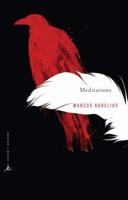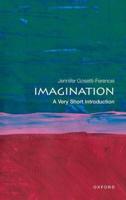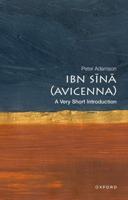Publisher's Synopsis
This work runs counter to the traditional interpretations of Peirce's philosophy by eliciting an inherent strand of pragmatic pluralism that is embedded in the very core of his thought and that weaves his various doctrines into a systematic pattern of pluralism.
Rosenthal gives a new design to the seeming bedrock of Peirce's position: convergence toward the final ultimate opinion of the community of interpreters in the idealized long run. Focusing frequently on passages from Peirce's writings which have been virtually ignored in the more traditional interpretations of his work, this book shows the way in which Peirce's position, far from lying in opposition to the Kuhnian interpretation of science, provides strong and much needed metaphysical and epistemic underpinnings for it in a way which avoids the pitfalls of false alternatives offered by the philosophical tradition. The book examines in depth the various features of Peirce's position that enter into these underpinnings. Among the topics explored are meaning, truth, perception, world, sign relations, realism, categorical inquiry, phenomenology, temporality, and speculative metaphysics.










